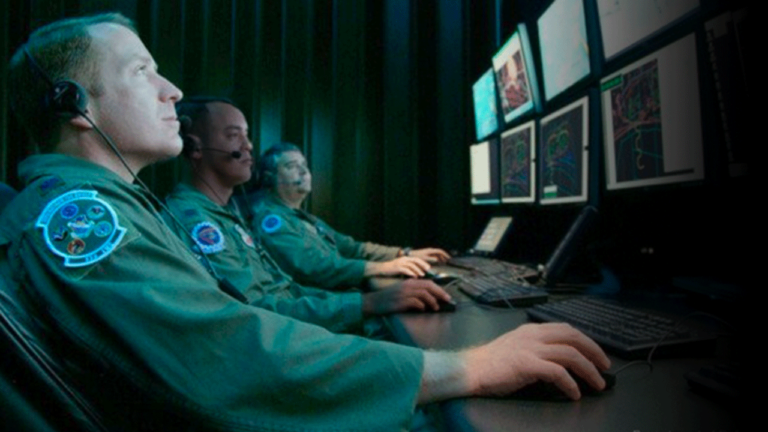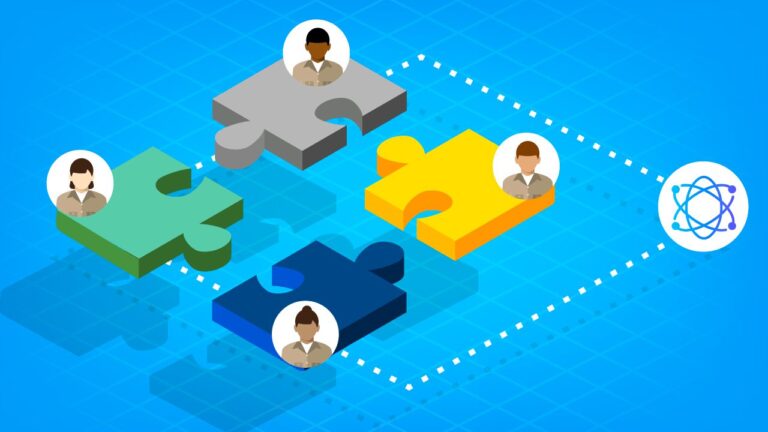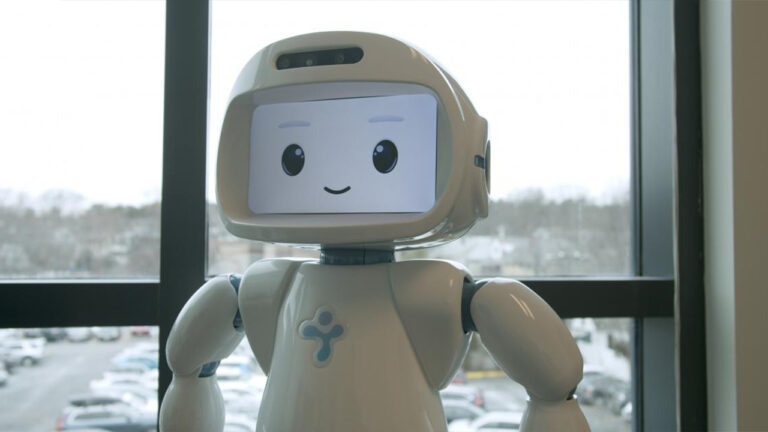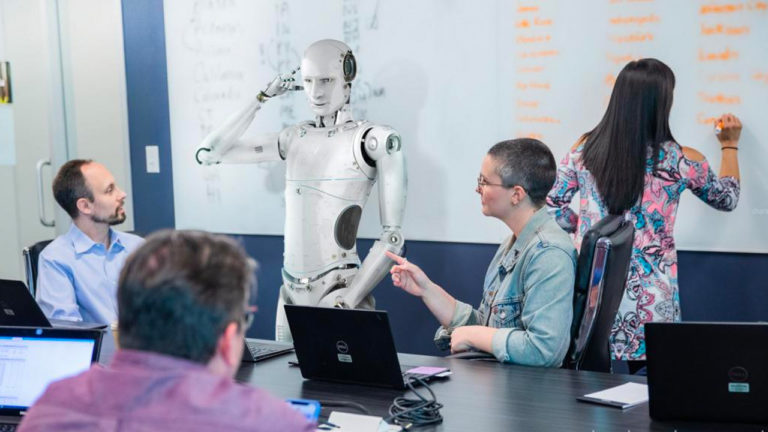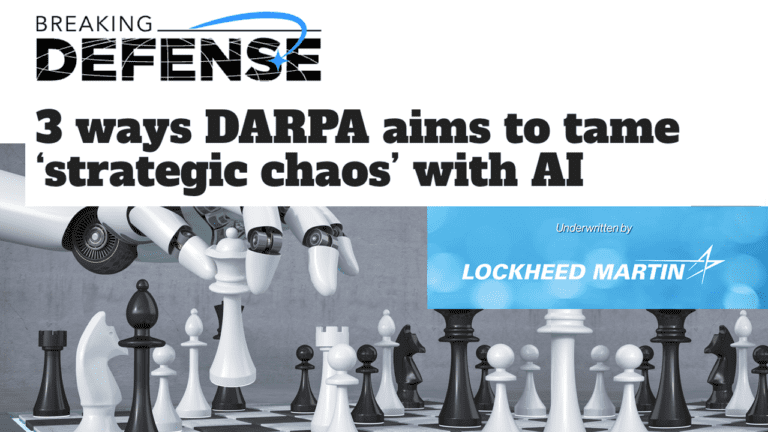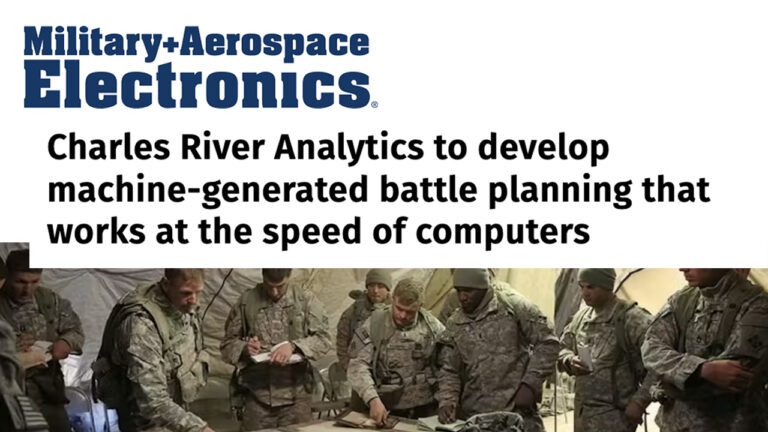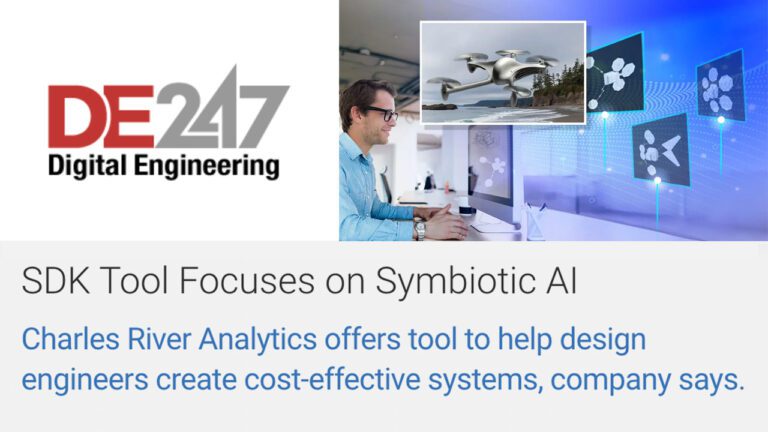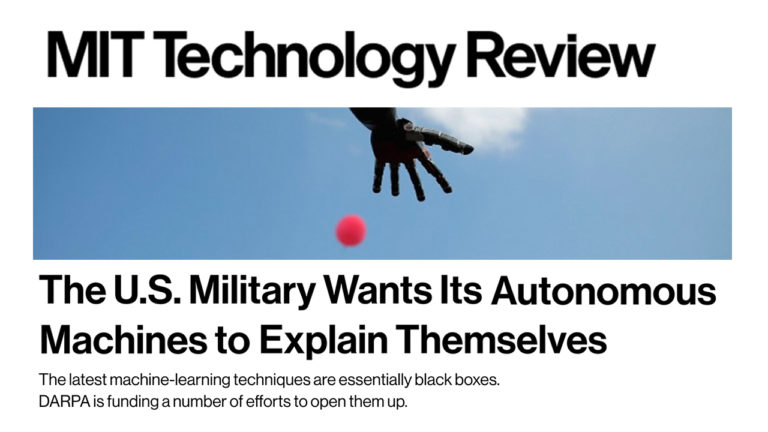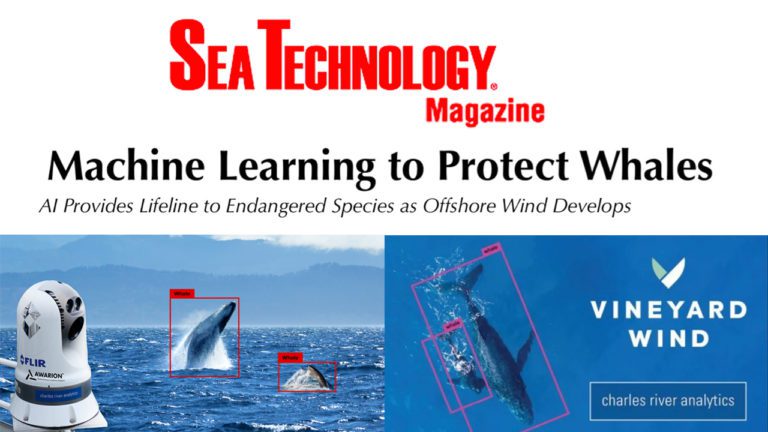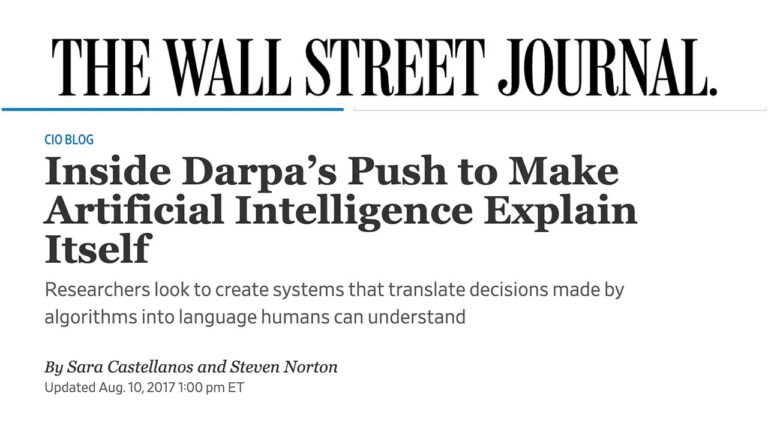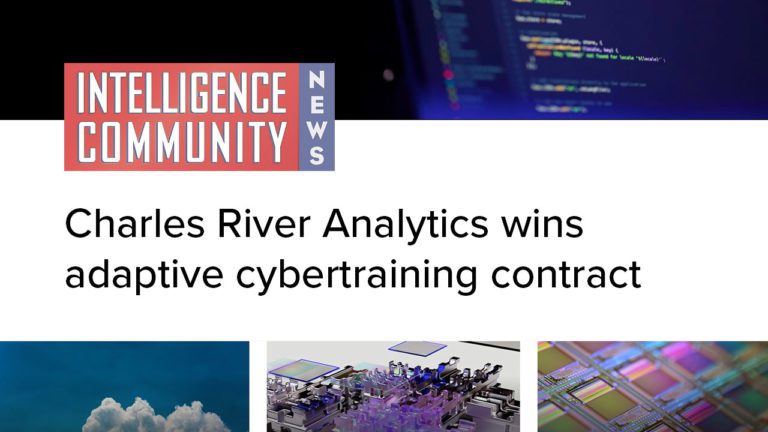ARTIFICIAL INTELLIGENCE
Solving AI’s most challenging issues by building systems that automatically adapt to novel situations and explain their own reasoning
Our advances in AI are improving medical training and care, helping save endangered species, and protecting our country. As leaders in the field of explainability, we are answering the global call to make AI systems trustworthy and accountable.
At Charles River Analytics, we believe AI systems are intended to serve people: to amplify their capabilities, protect their interests and well-being, and support—not replace—their decision-making. To achieve these goals and maximize the potential benefits of AI, we focus on creating AI-human collaborative systems.
A Leading Laboratory
Charles River’s scientists and engineers have been conducting leading-edge research since our founding nearly 40 years ago. Our open, collegial lab collaborates with dozens of universities and research labs across the U.S. We are currently engaged in more than 200 R&D projects, focusing on some of the biggest challenges in AI. Find out more from these selected academic publications and presentations.
Brittle AI, Causal Confusion, and Bad Mental Models: Challenges and Successes in the XAI Program
The authors discuss their key findings from the DARPA XAI program, which sought to “open the black box” of AI systems without sacrificing performance, and suggest future work in the field of explainable AI.
Read More
Towards Incorporating Artificial Intelligence in the Mission Planning Process
The authors describe the application of joint cognitive system analysis and neural policy programs to create effective mission plans as well as a method for prototyping these approaches based on the StarCraft II strategy game.
Probabilistic Programming:
Past, Present, and Future
In this invited keynote, Dr. Avi Pfeffer describes the unique capabilities of probabilistic programming languages (PPLs) and the development of two PPLs at Charles River: Figaro™ and Scruff™.
Or view the complete list of AI publications from Charles River Analytics researchers.
Solutions that work
We combine our in-house research with our deep insights from working with teams in the real world to produce AI solutions that work the way you expect them to. Our projects and products open new frontiers for the Government and business sectors, improving operations through reduced costs, increased efficiency, and enhanced performance of both humans and machines.
Probabilistic Programming
By enhancing programming languages with probabilistic capabilities, we are able to create systems that can help make decisions in the face of uncertainty. Scientists and engineers at Charles River have been leaders in the field of probabilistic programming since its earliest days. Our current work includes developing probabilistic programming languages (PPLs) and applying PPLs to specific challenges, such as missile defense, space object classification, and the health of engineered systems.
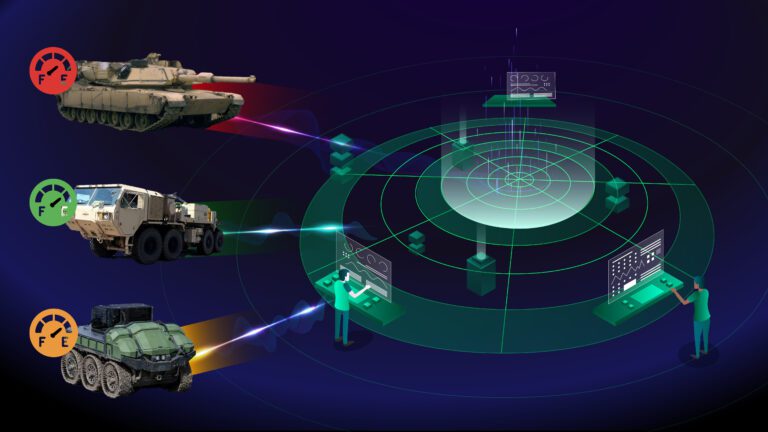
KAML
Real-time combat logistics platform estimating ammunition consumption and resupply needs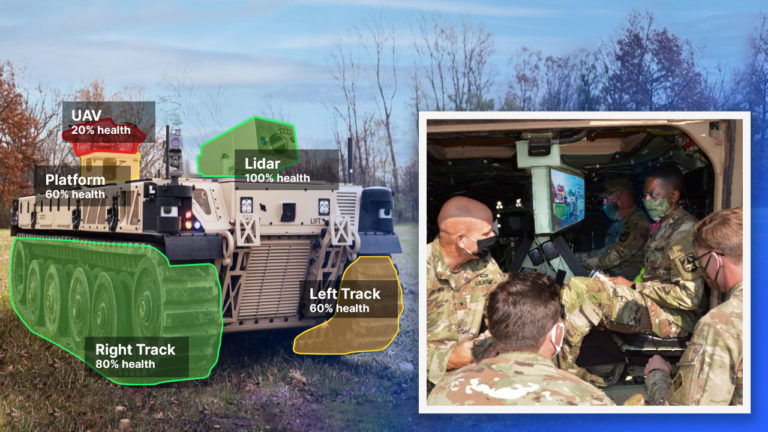
RAPS
An AI-based maintenance system that keeps robotic combat vehicles mission ready
Scruff
A framework for building artificial intelligence systems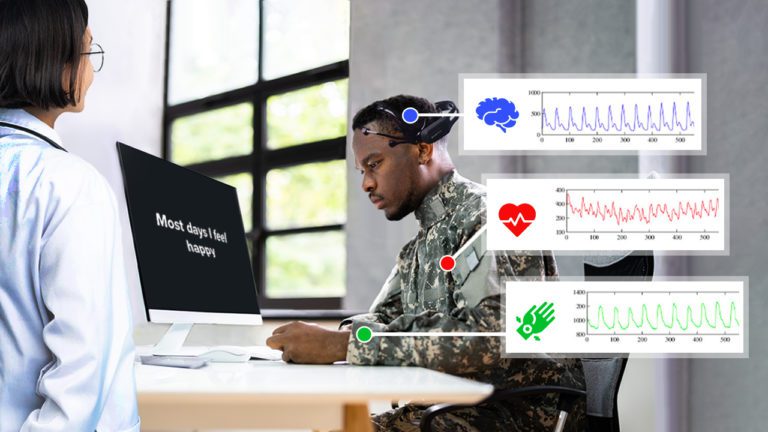
PRESCRIBE
A tool to assess mental health through preconscious responses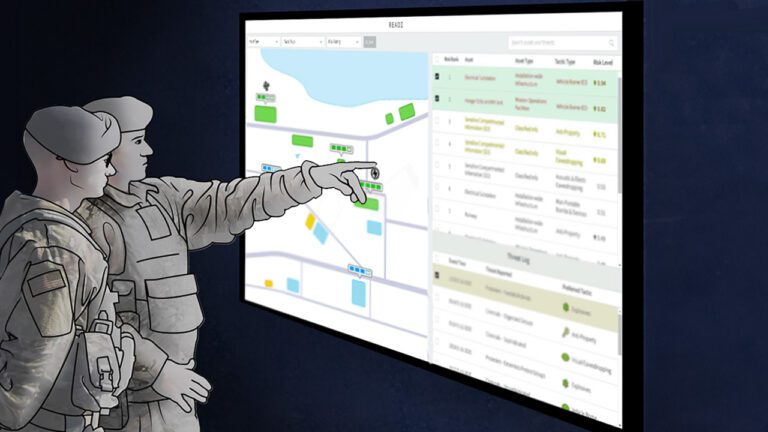
READI
A risk-assessment tool for installation security decision-making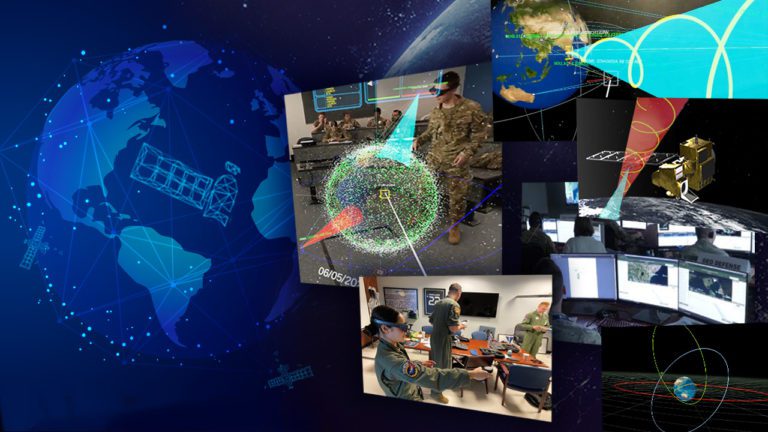
APOGEE
XR for space domain awareness
POWERED
An application that uses probabilistic modeling to determine the reliability of power supplies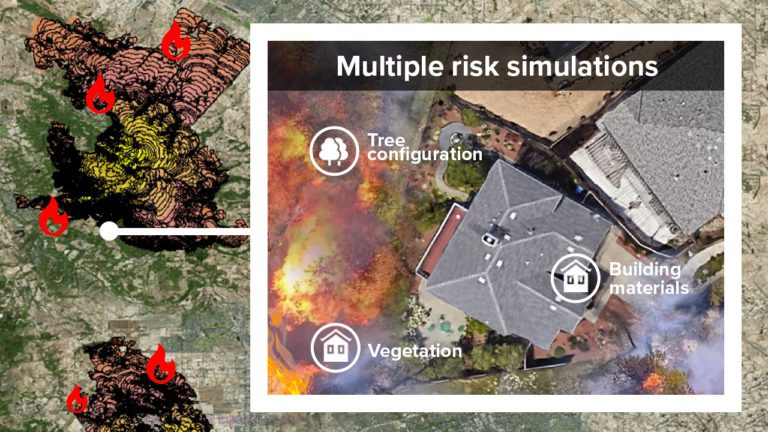
WIMPLE
A wildfire risk assessment and mitigation solution for homeowners and communities
SNAPPR
Optimize preventive maintenance with real-time estimates of operational ability
STAPLES
Using probabilistic programming to enhance supply chain and logistics operationsComputer Vision and Perception
Our work on computer vision goes beyond the traditional definition of enabling computers to see, identify, and process images the way people do. We apply AI and machine learning to create BVLOS (beyond visual line of sight) capabilities and to fuse optical data with infrared, radiation, and other sensor data. We also build software tools that enable developers to use our advanced technologies to prototype their own computer vision systems.

PAVE
An Awarion®-powered AI system to improve USV harbor escort missions
Awarion®
See what radar can’t, with AI algorithms that analyze electro-optical and IR image data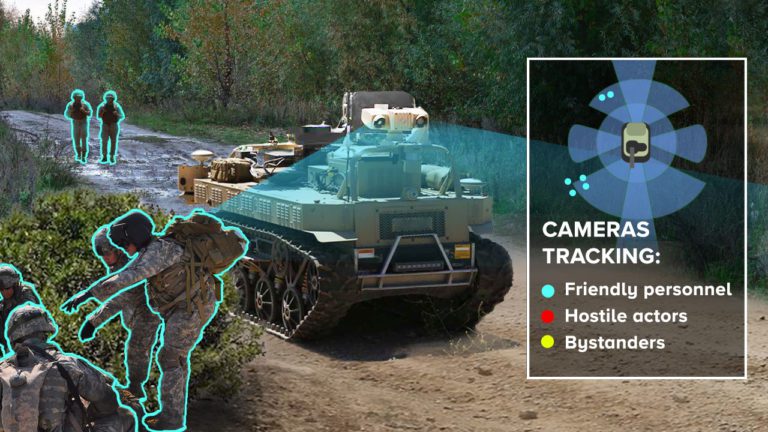
ASIMOV
A multicamera system that ensures safer operations using machine learning
MAGNETO
A system to detect and classify submarines using their magnetic signals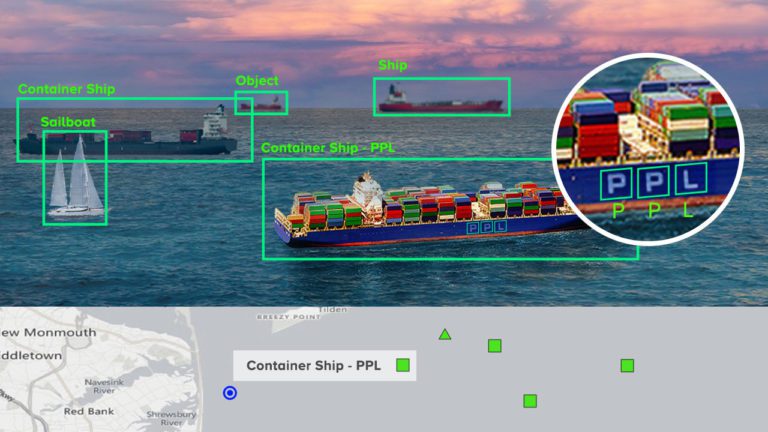
A-TEAM
Maritime object identification and optical character recognition for situational awareness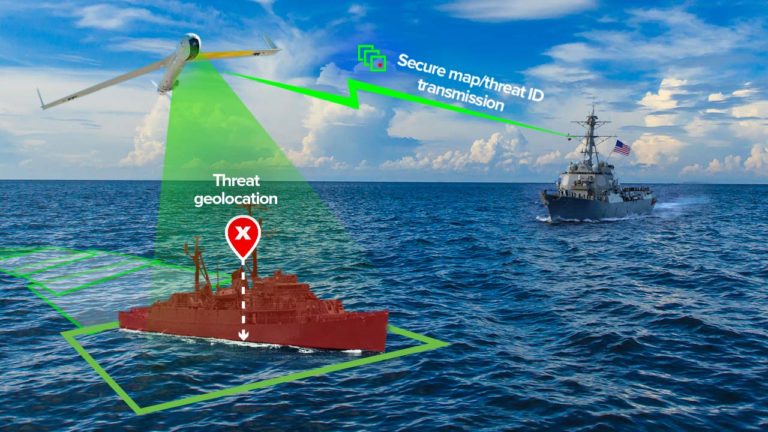
ROMAN
Real-time sea surface maps and maritime object detection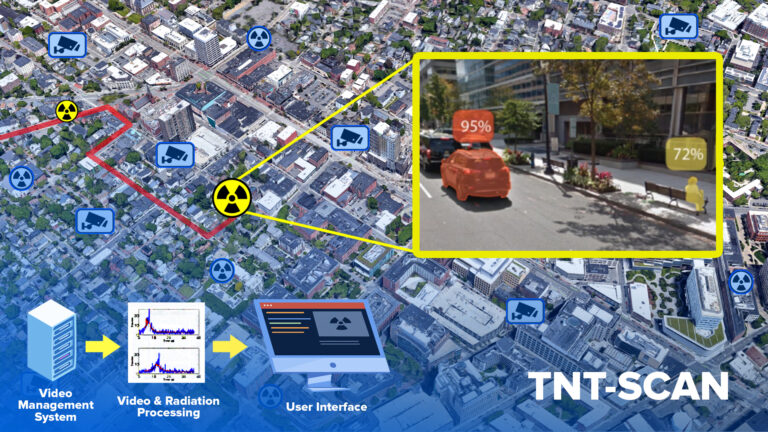
TNT-SCAN
A system to track nuclear threats in urban environmentsNatural Language Processing
We use natural language understanding and natural language generation to strengthen the connection between humans and computers. We develop software that reads text documents and maps them to semantic representations for automated reasoning, and we incorporate natural language processing into a wide variety of applications, including intuitive interfaces for interacting with robots and uncrewed vehicles, tools for analyzing propaganda, and automated methods to predict cyberattacks.

Advanced Semantic Extractor
An NLP tool that extracts key report information while adhering to Army semantics
COCKTAIL
A tool to effectively help air traffic controllers communicate in noisy environments
AUTHOR
Determine authorship of anonymous documents by analyzing fingerprints of writing style.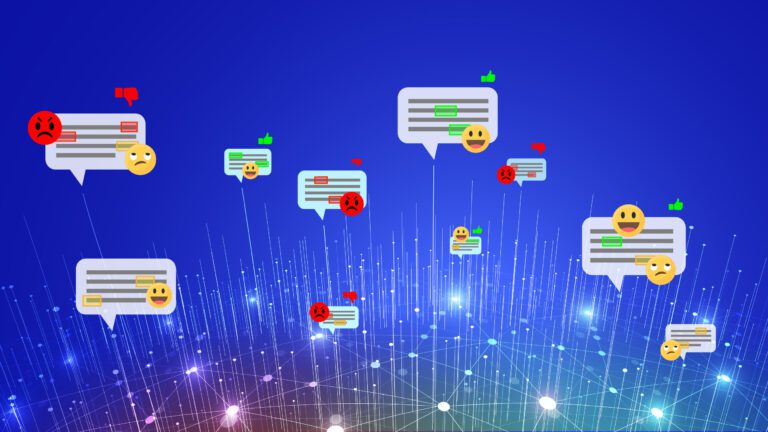
JALAD
Natural language processing of free-form text for sentiment and jargon analysisMachine Learning and Neural Networks
Our machine learning R&D identifies patterns in data using a variety of approaches, including reinforcement learning, deep learning, anomaly detection, and cluster analysis. We use these patterns to better understand the world and to make better predictions and decisions.

MERLINS-STAFF
Neuro-symbolic AI tool to help teams plan complex operations
DATAVOID
Data analysis tool to assess value of information for decision making
PRIDE with COLTRANE
Hybrid AI system delivers robust and reliable solutions to complex problems
COLTRANE
A system that uses machine learning and symbolic reasoning to handle novelty in open-world domains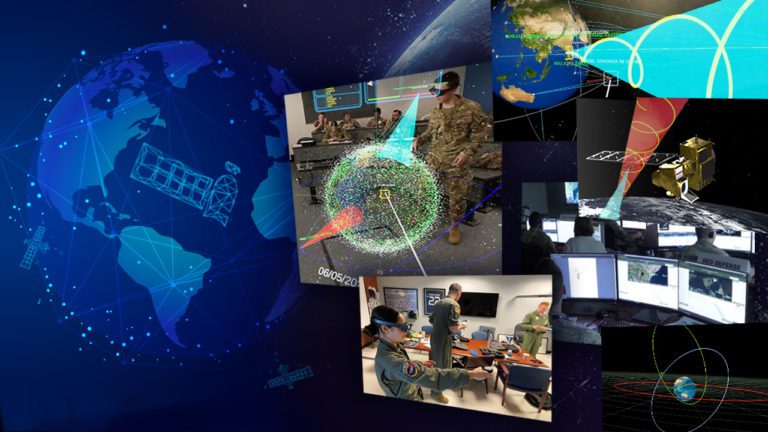
APOGEE
XR for space domain awareness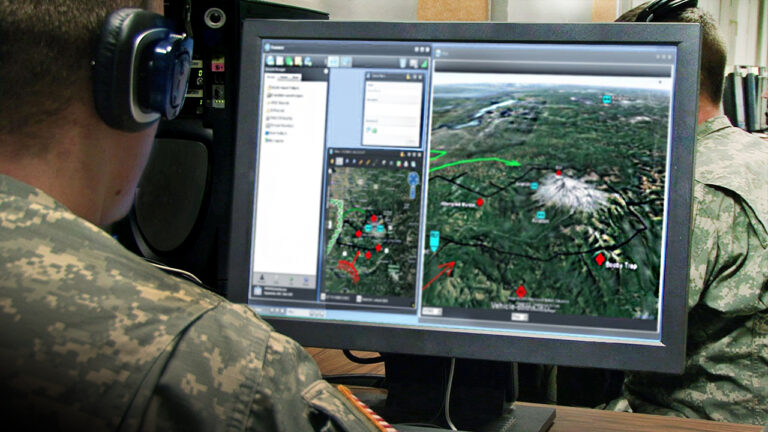
EXTRA
Tools that make DRL agents understandable and trustable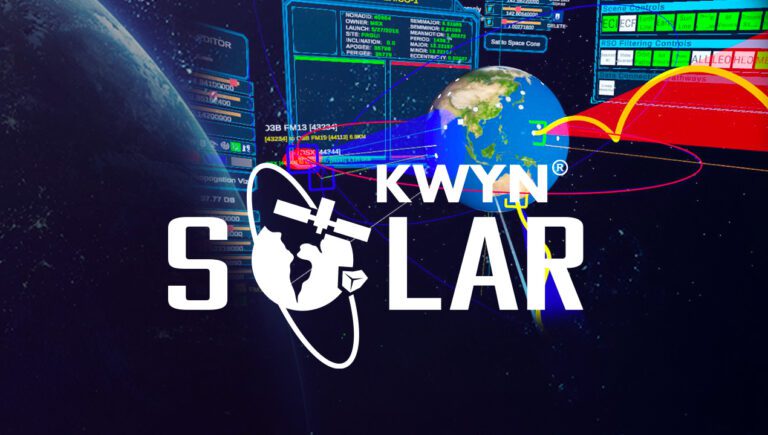
KWYN® SOLAR
An immersive environment for rapidly understanding the space domain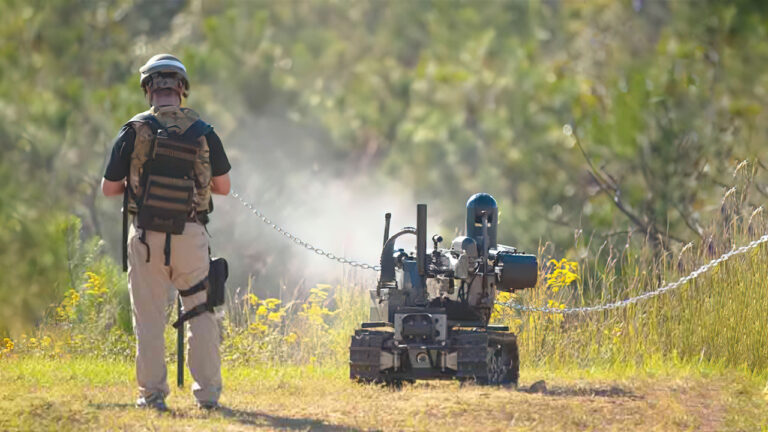
CAMEL
Advancing the field of explainable AI (XAI) with causal models to explain learningExplainable AI
Scientists and engineers at Charles River are generating new knowledge at the frontiers of this rapidly growing area, creating a future where AI and humans collaborate—to drive cars, respond to disasters, and make medical diagnoses.
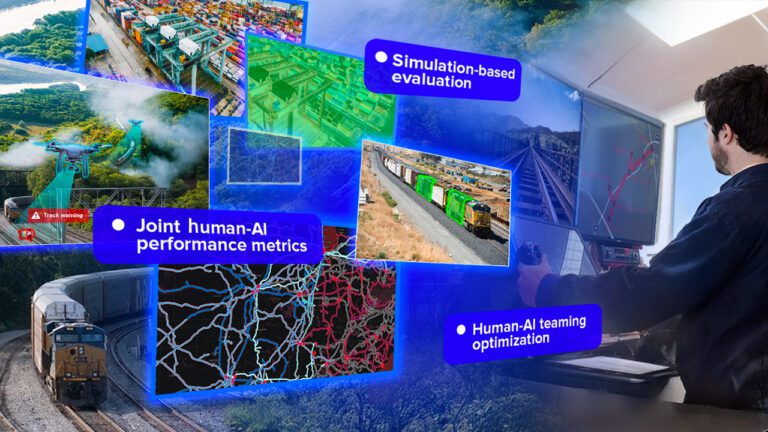
ABOARD
A testing framework to improve railroad safety through human-AI interaction analysis
RELAX
A framework that provides decision-making insight into DRL-based AI agents
MERLINS-STAFF
Neuro-symbolic AI tool to help teams plan complex operations
RAPS
An AI-based maintenance system that keeps robotic combat vehicles mission ready
SPNN
Securely train deep neural networks using privacy-prevention encryption.
EXTRA
Tools that make DRL agents understandable and trustable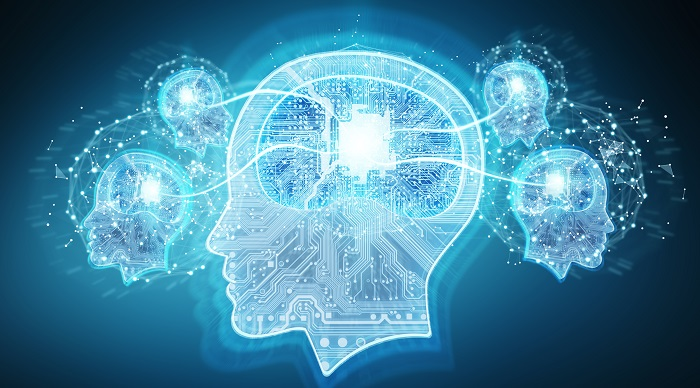
CAMEL
Advancing the emerging field of explainable AI (Part of the DARPA XAI Program)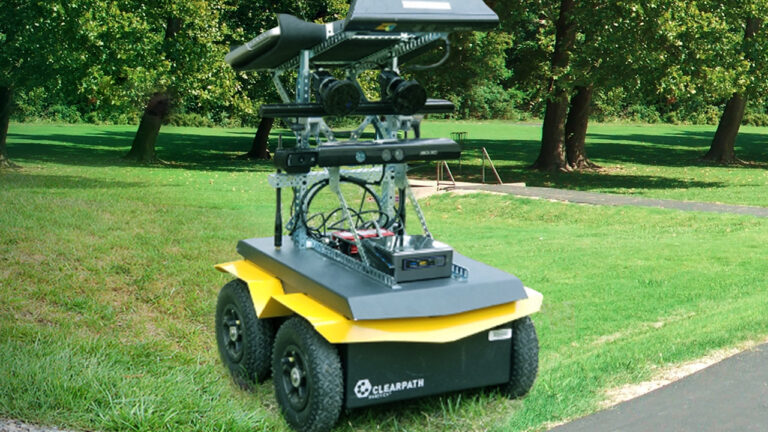
ALPACA
A tool that strengthens trust in machine learningOptimization and Automated Planning
Optimizing actions and plans is a key feature of decision-support tools, especially when decision makers have multiple goals. At Charles River, we help our customers face the challenge of creating multi-step plans that adapt to the real world. We use a variety of algorithms, including genetic/evolutionary algorithms, market-based negotiation algorithms, neural networks, and ant-colony optimization, to develop tools for optimization and automated planning. By integrating these algorithms with our expertise in designing human-computer interfaces, we create solutions that not only generate effective and efficient plans but also help decision makers understand their options and the potential tradeoffs.

JARVIS
AI enhanced design collaboration for human creativity while mitigating bias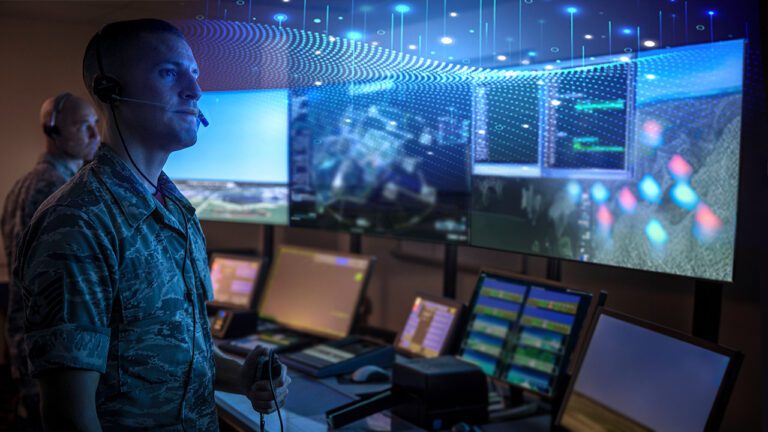
JUPITER
An AI-based mission planning framework for Navy operations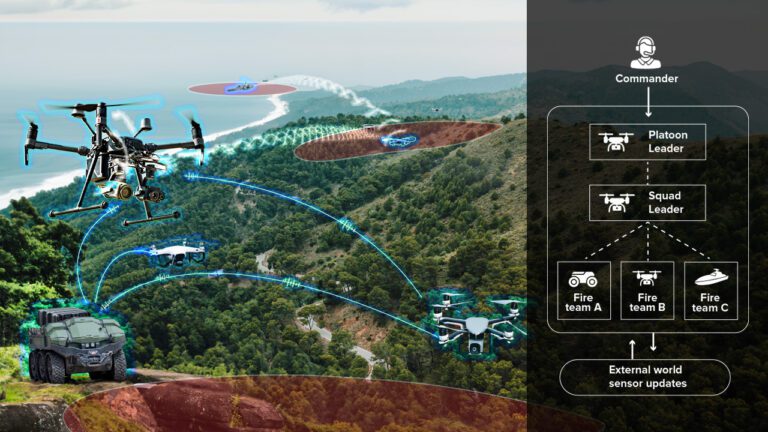
HIEROPHANT
A tool integrating hierarchical protocols with command-and-control of uncrewed systems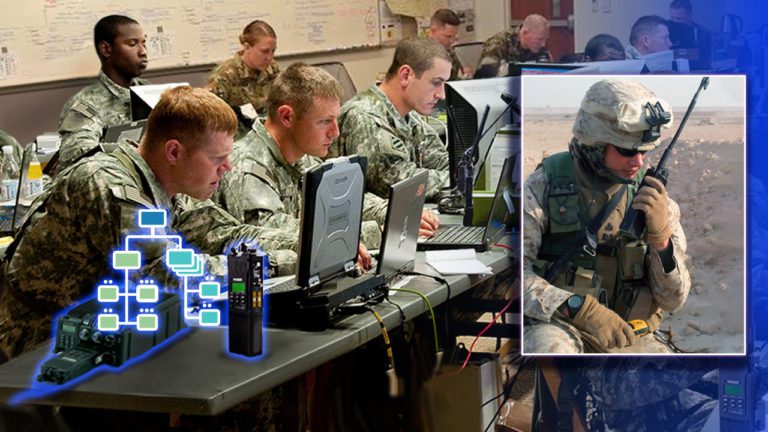
KWYN® SIGMATE
A hands-on tool to enhance Radio Signaleer training
DATEM
Monitor health and status of critical systems with machine-learning technologies
MIN-COST
Onboard AI for uncrewed surface vehicles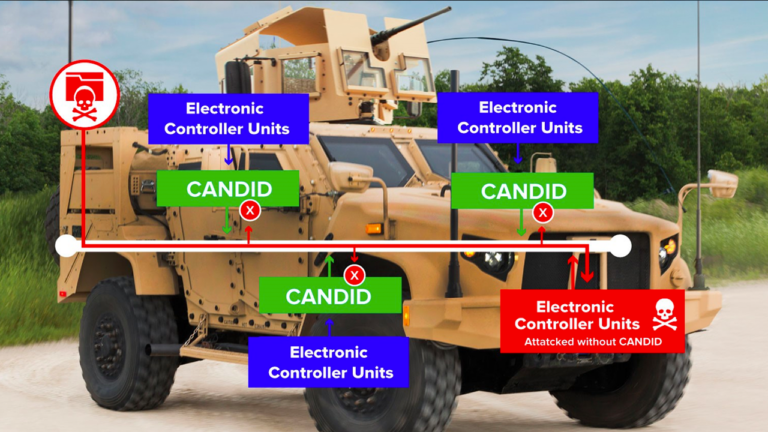
CANDID
Detect, mitigate, and prevent cybersecurity attacks on military ground vehicles.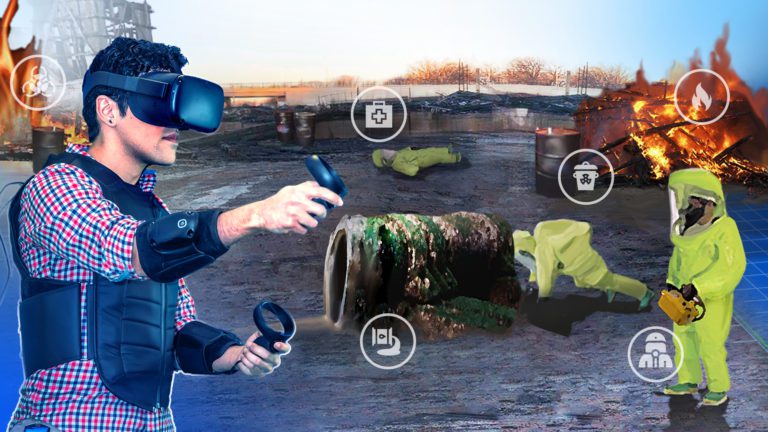
IMPRINT
Virtual reality to enhance training for managing hazardous materials
CyLearn
Detect and infer cyberattacks.
INTUIT
Role and task-tailored interfaces for mission planning
DATAVOID
Data analysis tool to assess value of information for decision makingBehavioral and Cognitive Modeling
Through our research, we seek to understand how the human brain works and then develop behavioral and cognitive models that can be used to predict or simulate human behavior. These models inform a variety of our capabilities, including performance assessment, intelligent tutoring, adversary behavior modeling, and cultural training.
Social Intelligence
Social intelligence enables AI systems to infer the goals and situational knowledge of their human partners, predict their needs, and offer context-aware actions. Our work in this area builds on many years of experience with sociocultural modeling, using key insights from the social sciences and reflecting the unique decision-support needs of the operational community.

